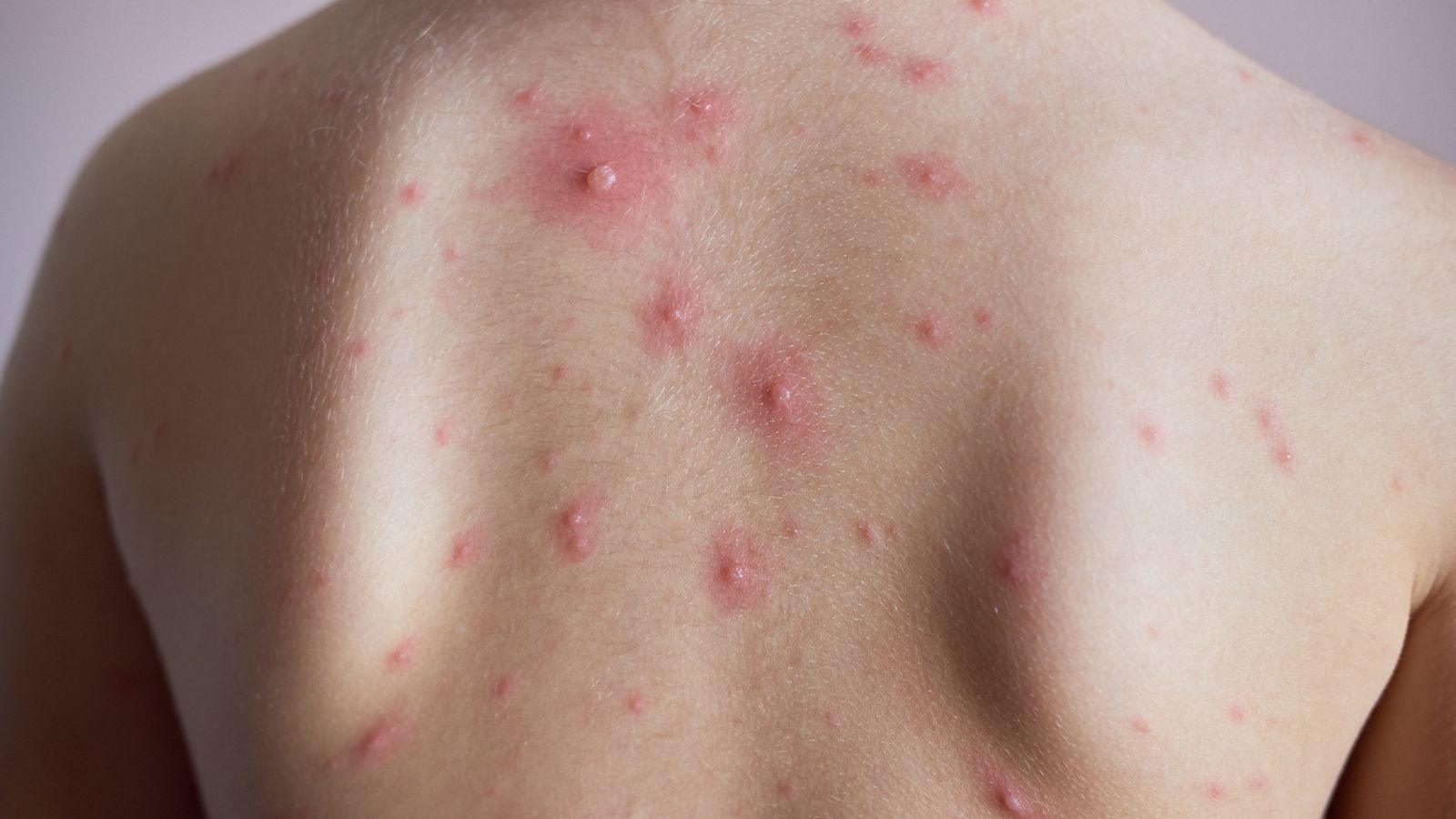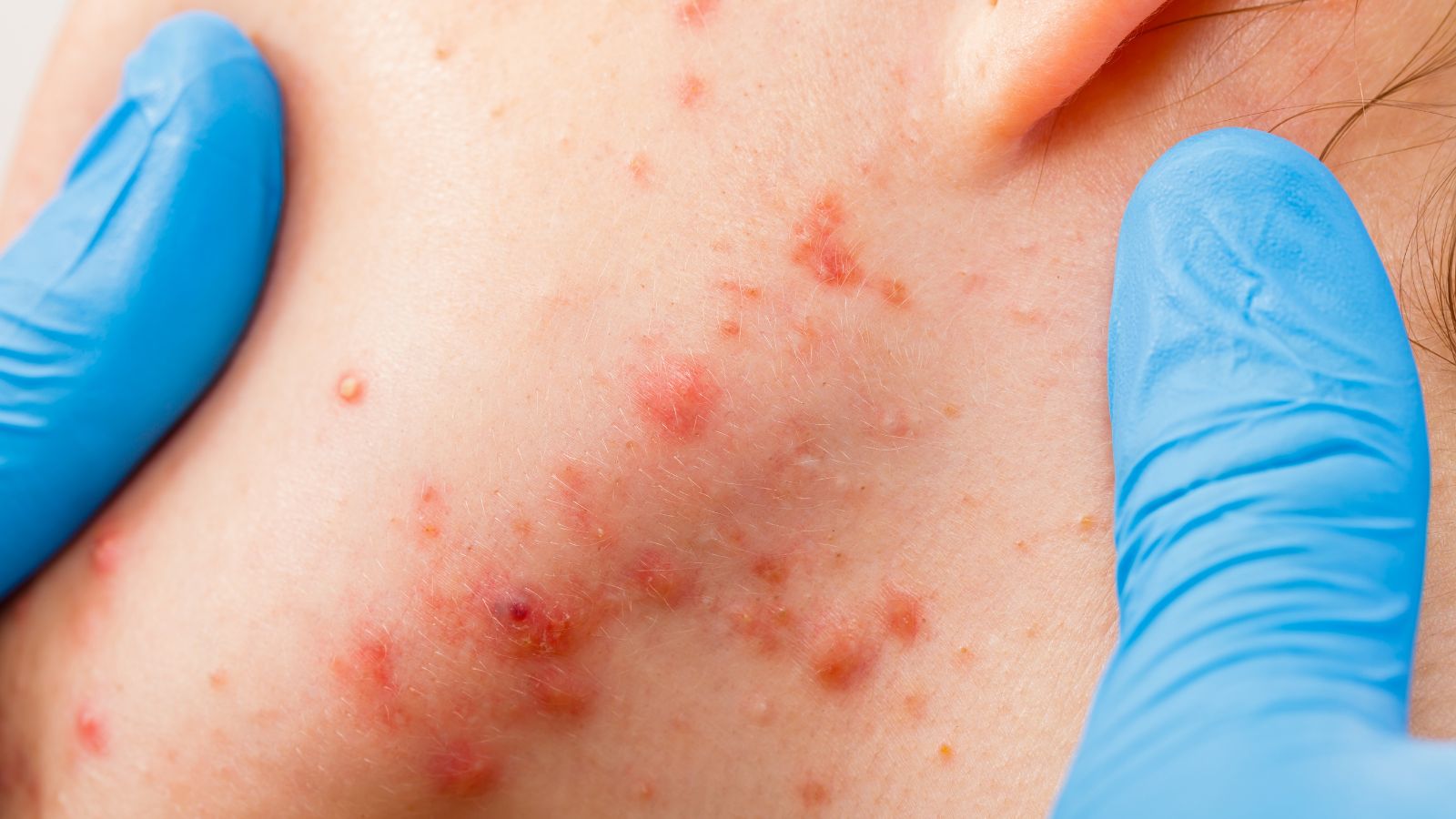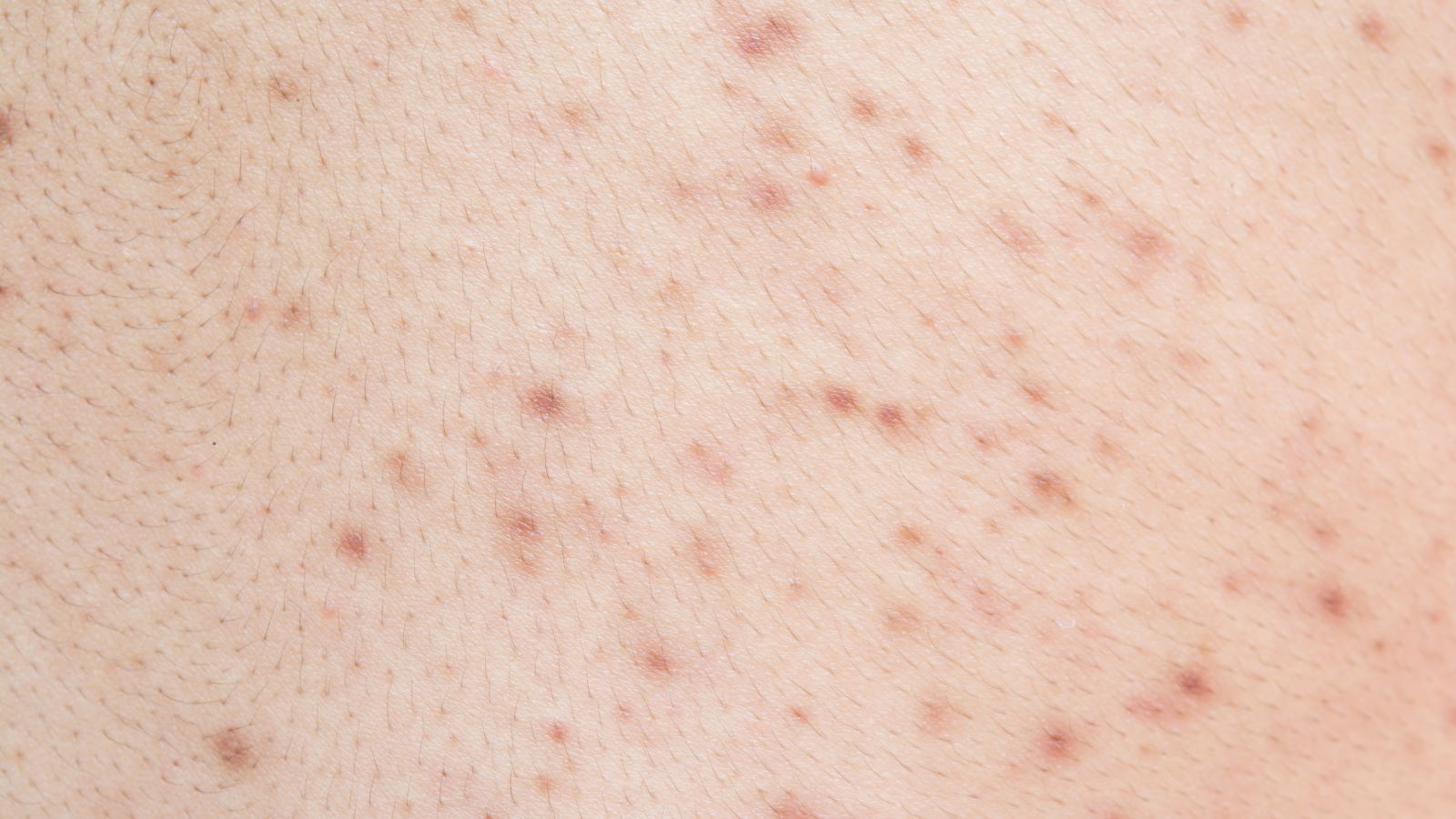Acne isn’t just a teenage problem. It’s a skin issue that can strike at any age, and men are no exception. While it’s often dismissed as a rite of passage during adolescence, adult acne can be frustrating and embarrassing, impacting self-confidence and social interactions.
This article dives deep into the world of acne treatment for men. It explores various methods, from over-the-counter solutions to dermatologist-recommended treatments, and even lifestyle changes that can make a significant difference. Whether you’re battling occasional breakouts or dealing with persistent pimples, there’s a solution out there that’s right for you. So, let’s get started on the journey to clearer, healthier skin.
 Acne Treatment for Men
Acne Treatment for Men
Discussing acne, it’s crucial to decorticate its nature and the reasons this condition frequently emerges in men.
The Science of Acne
Acne originates when hair follicles, commonly referred to as pores, become clogged with oil and dead skin cells. Growth of Propionibacterium acnes, a common skin bacteria plays a critical role in the formation of acne, inflaming the skin and creating visible signs such as pimples, whiteheads, or blackheads. Although Propionibacterium acnes is present on everyone’s skin, its overgrowth triggers an immune response, resulting in inflammation and acne eruptions.
Why Men are Prone to Acne
Men are often more susceptible to acne than women. The primary reason lies in higher levels of androgens such as testosterone in men, which stimulate sebum production, a key player in acne development. Apart from hormones, other factors like stress, lifestyle habits, and diet also contribute to the manifestation of acne in men. For instance, research points to dairy intake and high glycemic diets as potential acne triggers, critical information for men in their journey towards healthier skin.
 Identifying Different Types of Acne
Identifying Different Types of Acne
Distinct acne types exist, causing skin conditions in men. This section explains various acne forms, their characteristics, and the symptoms to help with accurate identification.
Acne Vulgaris
Acne Vulgaris, often recognized as common acne, vastly affects men. The distinguishing features of this type include whiteheads, blackheads, and occasional papules and pustules. It stems from clogged hair follicles from oil and dead skin cells accumulation. Minimal inflammation typically accompanies Acne Vulgaris, compared to other acne forms, making it less severe.
Cystic Acne
Cystic acne represents the extreme end of the acne severity spectrum characterized by painful, red cysts. Unlike other acne types where the inflammation is somewhat superficial, it’s deeper in cystic acne, leading to severe discomfort. The trigger can be hormonal fluctuations or severe bacterial infections. Quick treatment is critical; negligence can lead to scarring or skin discoloration.
 Factors to Consider when Choosing Acne Treatment
Factors to Consider when Choosing Acne Treatment
In the process of selecting an acne treatment, several considerations weigh in. From skin types, the severity of the condition to personal lifestyle habits, these factors play significant roles in determining the most suitable treatment method.
Skin Types and Acne Treatment
Different men have varied skin types. Oily, dry, combination, and sensitive skin fall into these categories. For example, men with oily skin frequently experience acne breakouts due to overactive oil-producing glands, and might profit from products containing salicylic acid that aids in dissolving the type of skin debris that clogs pores. Dry skin, on the other hand, can become irritated with potent acne treatments, necessitating a gentler approach.
The severity of acne maps the path to the appropriate treatment intervention. Mild cases, characterized by few pimples and minimal inflammation, often improve with over-the-counter lotions and gels, such as those containing benzoyl peroxide. Severe acne, typified by extensive inflammation, cysts, and scarring, necessitates more intensive treatments, often under a dermatologist’s guidance.
Lifestyle habits, including dietary choices, hydration levels, and stress management techniques, influence acne’s severity and frequency. Enhanced water intake, a balanced diet rich in fruits, vegetables, and lean proteins, and effective stress management equip the skin to better handle acne. Furthermore, adequate sleep and a skincare routine that incorporates cleaning, toning, and moisturizing can also support skin health.